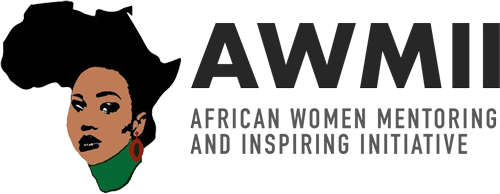Menstruation, a natural biological process, poses significant challenges for women and girls worldwide especially in African due to the lack of access to affordable and hygienic menstrual products. This issue is particularly acute in low-income communities, where managing menstrual hygiene not only affects physical health but also impacts education, dignity, and overall quality of life. The high cost of sanitary pads precisely in Nigeria has created barriers for many girls and women, leading to resorting to unhygienic practices with potential health risks such as cutting old clothes or rags into pieces, sprinkling water on old newspapers, leaves, and tissues, or staying at home and sitting in a bucket for a long period. These unhygienic practices expose them to a higher risk of infections and reproductive health issues but also contribute to feelings of shame, embarrassment, and stigma surrounding menstruation. Some of these women and girls do not also have undies (pants), especially during their periodic flow.
It has become vital to address the barriers that hinder women and girls from accessing menstrual products and information, as these barriers directly impacts on her health, education, and overall well-being. Through collaborative efforts with the government and corporation organizations, we advocate for reducing the cost of sanitary pads and ensuring their accessibility through subsidies or free distribution in public schools, communities, markets, and places of worship.
It is worthy to note that menstruation is a given, not a choice.
Together, let us champion this course, break the silence surrounding menstruation, eradicate stigma, and empower every woman and girl in Nigeria to manage her menstruation with dignity and pride. Empowering women is not just essential; it is fundamental for societal progress and survival.
African Women Mentoring and Inspiring Initiative (AWMII) engages communities, churches, schools, marketplaces, and corporate organizations where women await positive impact and we play our part: we are committed to not only mentor but also provide free sanitary pads, conduct training on their use, and promote proper disposal, alongside other activities.
We also call on International Communities for Support.
Nissi Ikenna-Amadi (PhD)

